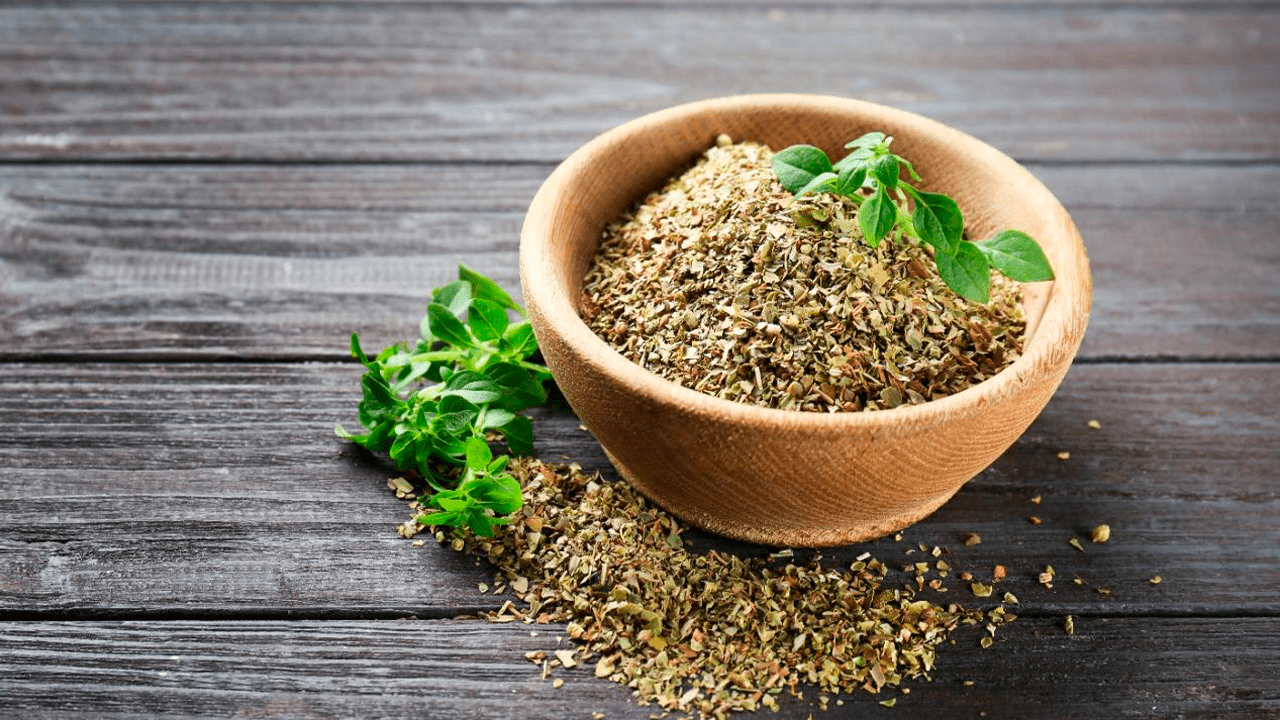Blood sugar plays an instrumental role in our body’s day-to-day functioning, but its broader impact on overall health, weight loss, and gut health often remains underappreciated. The correlation is deep and multifaceted.
Overall Health and Blood Sugar:
Chronic Diseases: Persistently high blood sugar levels, a condition known as hyperglycemia, set the stage for insulin resistance, a precursor to type 2 diabetes. Besides diabetes, high blood sugar is a known risk factor for cardiovascular diseases, including heart attacks, strokes, and hypertension.
Impact on Kidneys: Our kidneys work tirelessly to filter excess sugar from the blood. Over time, this added strain can lead to kidney damage, a condition termed diabetic nephropathy, which may necessitate dialysis.
Nerve Damage: Prolonged high blood sugar affects our nervous system, leading to neuropathy. Initially presenting as tingling in the extremities, it can escalate to severe pain or numbness.
Vision Complications: High glucose levels can damage the tiny blood vessels in the eyes, leading to conditions like diabetic retinopathy, cataracts and increased risk of glaucoma.
Blood Sugar and Weight Loss:
Insulin Resistance: Insulin’s primary function is to usher glucose into cells for energy. When cells become resistant to insulin due to chronic high sugar levels, more glucose is left circulating in the bloodstream. In response, the body produces even more insulin, leading to higher insulin levels. Elevated insulin promotes fat storage, making weight loss challenging.
Fat Storage and Hunger: With insulin resistance, glucose struggles to enter cells, depriving them of energy. This situation paradoxically leaves an individual feeling constantly hungry, even after consuming calorie-rich foods, leading to overeating and subsequent weight gain.
Metabolic Syndrome: A cluster of conditions, including increased blood pressure, high blood sugar, excess body fat around the waist, and abnormal cholesterol levels, together indicate metabolic syndrome. This syndrome amplifies the risk of heart disease, stroke, and diabetes and complicates weight loss efforts.
Gut Health and Blood Sugar:
Microbiome Imbalance: A high-sugar diet can disrupt the delicate balance of bacteria in our gut. Sugary foods encourage the growth of harmful bacteria at the expense of beneficial ones, leading to dysbiosis, a condition where harmful bacteria outnumber the helpful ones.
Inflammation and Leaky Gut: Dysbiosis can increase the gut’s permeability, often referred to as “leaky gut.” In this state, toxins and partially digested food particles escape into the bloodstream, triggering an inflammatory response. Chronic inflammation, in turn, can further exacerbate blood sugar issues by contributing to insulin resistance.
Gut-Brain Connection: The gut isn’t just responsible for digestion; it’s often termed the “second brain.” Imbalances in the gut can influence mood, stress levels, and appetite—all of which can impact blood sugar regulation.
Best Supplements to Manage Blood Sugar
Blood sugar regulation is crucial for overall health, and while a balanced diet and regular exercise are the cornerstones of managing glucose levels, certain supplements may also help in this endeavor. It’s always essential to consult with a healthcare professional before starting any new supplement regimen. Here are some of the most recommended supplements for blood sugar support:
Berberine: Traditionally used in Chinese and Ayurvedic medicine, berberine is found in several plants. It has been shown to improve insulin sensitivity and reduce glucose production in the liver, making it a potent tool for managing type 2 diabetes and overall blood sugar levels.
Chromium: This essential mineral improves the action of insulin, helping to lower blood sugar levels. Foods like broccoli, whole grains, and meat are good sources, but supplements can provide additional benefits, especially for those with deficiencies.
Alpha-Lipoic Acid (ALA): A powerful antioxidant, ALA can improve insulin sensitivity and reduce symptoms of nerve damage in people with diabetes. It’s found naturally in spinach, broccoli, and red meat, but the concentrations in these foods are lower than what can be obtained in supplement form.
Cinnamon: Some studies suggest that cinnamon can lower blood sugar levels and improve insulin sensitivity. While it can be added directly to foods, supplements offer a concentrated dosage. However, it’s crucial to choose Ceylon cinnamon over Cassia, as Cassia can contain harmful amounts of a substance called coumarin.
Magnesium: Low magnesium levels are frequently observed in people with diabetes. Magnesium supplementation can improve insulin resistance in people with low magnesium levels.
Fenugreek: This herb has been shown to improve blood sugar and insulin function. Its seeds contain soluble fiber, which can help control blood sugar by slowing down carbohydrate digestion and absorption.
Green Tea Extract: Rich in polyphenols and catechins, green tea can improve insulin sensitivity and reduce blood sugar levels. The antioxidant properties of green tea can also help protect against cell damage caused by high blood sugar.








